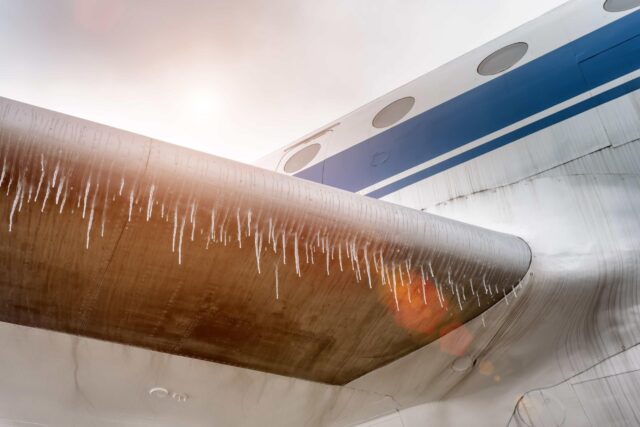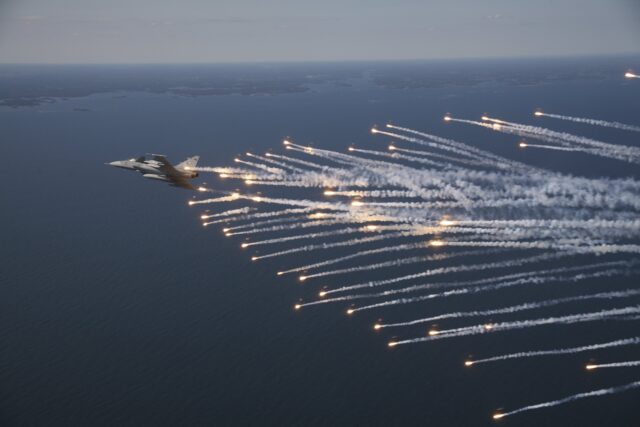HAL and GE Aerospace strike $1bn deal to supply engines for new Tejas Mk1A fighters

November 8, 2025

India’s bid to become self-reliant in combat aviation has gained fresh momentum. Hindustan Aeronautics Limited (HAL) has signed a landmark agreement with GE Aerospace for 113 jet engines to power the Tejas Light Combat Aircraft (LCA).
The deal, finalised in Bengaluru on 7 November and valued at about $1 billion, marks a major push in India’s long-term goal to build and sustain its own fighter fleet, even as trade tensions with Washington continue to simmer.
Get the latest defence aviation news here on AGN.
A billion-dollar boost for Tejas production
The new contract underpins HAL’s recently approved order for 97 Tejas Mk1A fighters, worth around $7.5 billion. Deliveries of the F404-GE-IN20 engines will begin in 2027 and continue through 2032, matching the aircraft production run that will gradually replace India’s ageing MiG-21s.
“This agreement ensures that we can stay on track with our delivery targets for the LCA Mk1A programme,” an HAL official told AGN. “The engines will equip 68 single-seat fighters and 29 twin-seat trainers.”
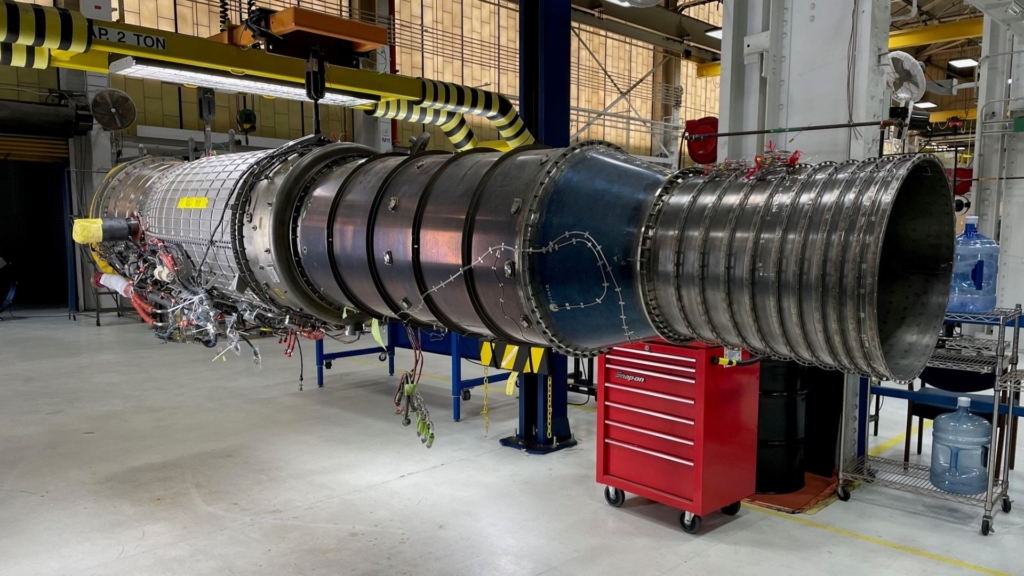
The partnership between HAL and GE Aerospace dates back more than two decades, evolving from a limited technical collaboration into one of the most consequential aerospace relationships between India and the US.
Tejas LCA: from prototype to frontline fighter
Compact, agile and unmistakably home-grown, the LCA Tejas represents a milestone in Indian aeronautical engineering. The 4.5-generation multirole fighter is capable of air-defence, strike and maritime missions. Its delta-wing design, composite structure and quadruplex fly-by-wire controls give it superb manoeuvrability.
The Mk1A variant entering production adds an AESA radar, digital electronic-warfare suite, in-flight refuelling probe and open-architecture mission computer. It can fly at Mach 1.6, operate up to 50,000 ft and carry nine hardpoints for a mix of missiles and precision munitions.
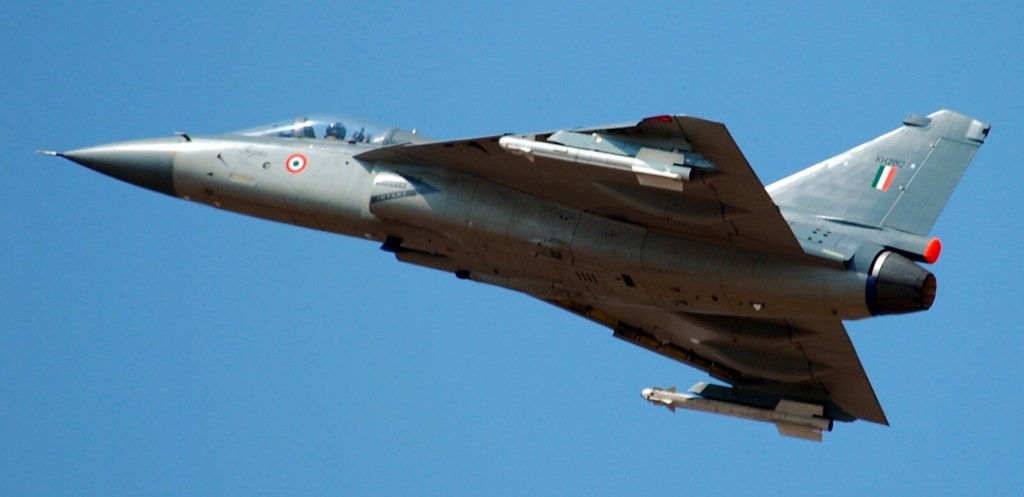
Each aircraft uses GE’s F404-GE-IN20 engine, producing 85 kN of thrust and boasting a global reliability record of over 14 million flight hours.
Overcoming supply-chain challenges
For HAL, the deal provides long-term stability after years of supply disruptions. An earlier 2021 order for 99 engines suffered pandemic-era delays of nearly 18 months. Deliveries only resumed in 2025, with GE shipping two engines a month from April onwards.
“The US will continue delivering F404 engines to India until March 2026,” Defence Secretary R. K. Singh said earlier this year. “These will help HAL achieve its goal of handing over 12 Tejas Mk1A aircraft by the end of the financial year.”
Restarting the F404 line after years of dormancy was complex. “We had to rebuild our entire supply network and shorten long lead times,” said Shawn Warren, GE Aerospace’s vice-president for combat and trainer engines. “Using our lean production model, we’ve been able to ramp up output and remove bottlenecks.”
Laying the foundation for the future F414 engine
What makes the HAL–GE partnership particularly significant is the groundwork it lays for joint production of the F414 — a more powerful engine destined for the upcoming Tejas Mk2 and Advanced Medium Combat Aircraft (AMCA).
“The F414 will be the cornerstone of India’s next-generation fighters,” the HAL official said. “Producing it in India will shift us from being an assembly line to being a capability hub.”
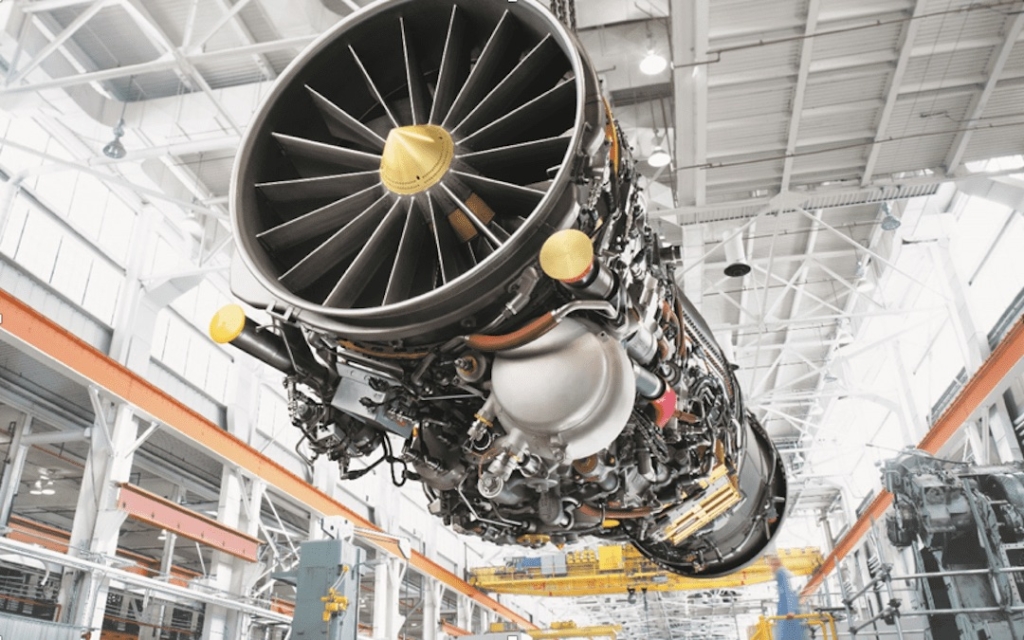
Negotiations include full technology transfer, covering design, materials and manufacturing — a step that would make India one of the few nations able to build advanced fighter engines domestically.
India’s earlier Kaveri engine programme fell short of expectations, underlining how difficult turbine design can be. The new HAL–GE agreements could finally bridge that gap. HAL plans to assemble the F404 engines in India and localise key components over time, aligning with the government’s Atmanirbhar Bharat (self-reliance) strategy.
“This isn’t just about buying engines,” said the official. “It’s about mastering what makes an aircraft truly ours — the engine that gives it life.”
LCA Tejas Mk1A: India’s fighter for a new era
With the MiG-21s heading for retirement, the Tejas Mk1A is set to become the Indian Air Force’s primary workhorse. Between the 83 jets ordered in 2021 and the latest batch of 97, the service expects to field nearly 180 Tejas fighters by the early 2030s.
HAL Chairman and Managing Director Dr D. K. Sunil confirmed to AGN that production has already begun. “Three aircraft are ready,” he said. “Once final trials are complete, we’ll begin deliveries.”
Read more: inside HAL, India’s aerospace giant


